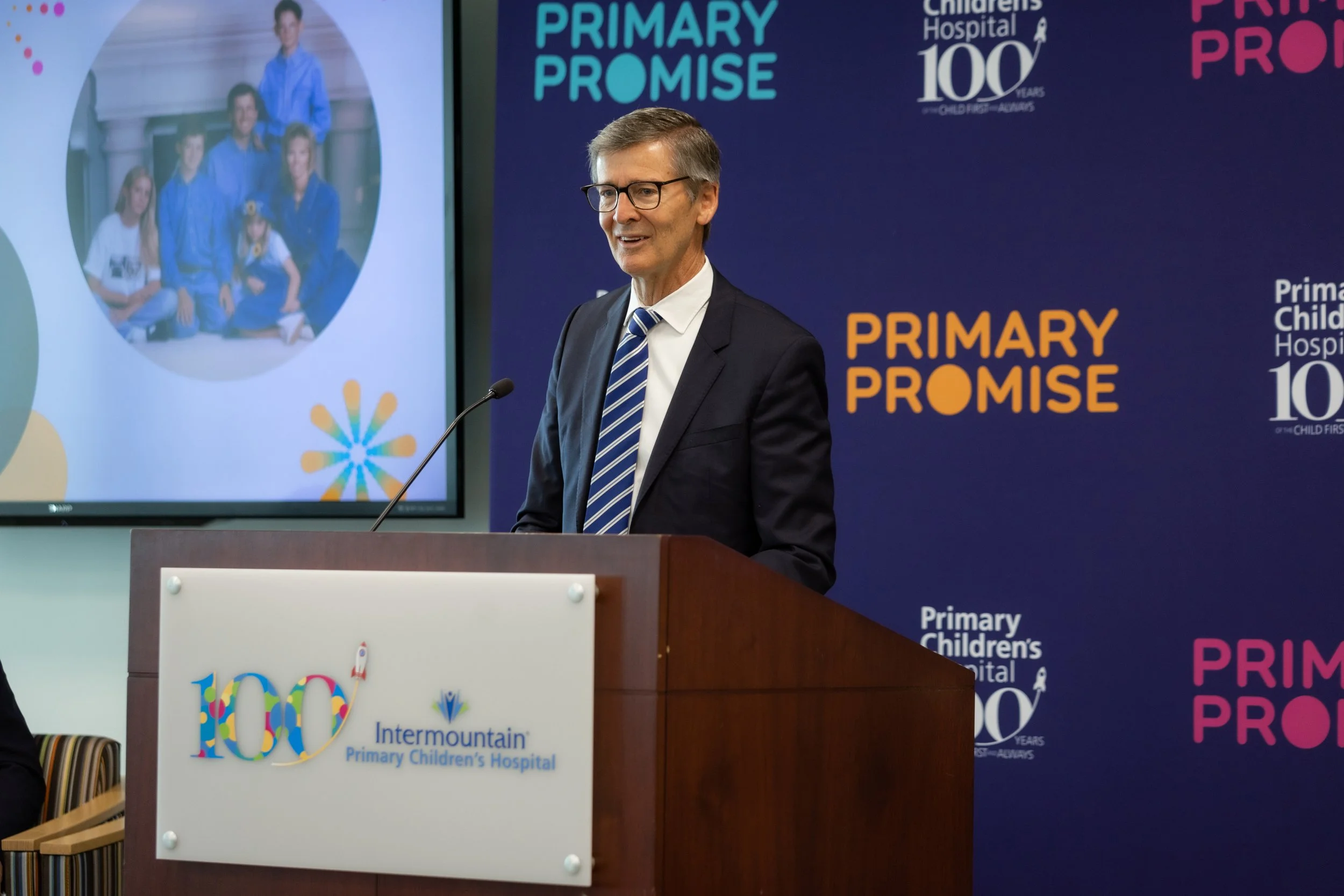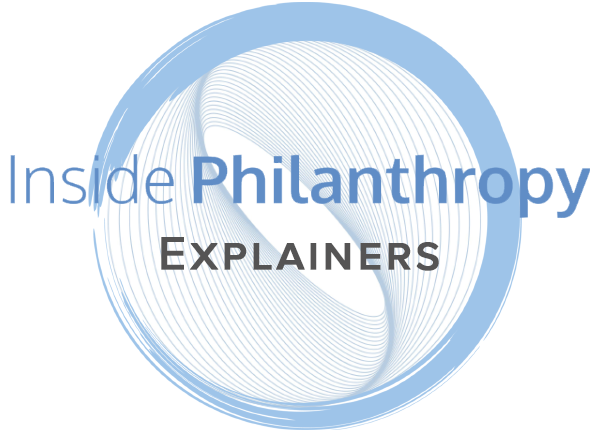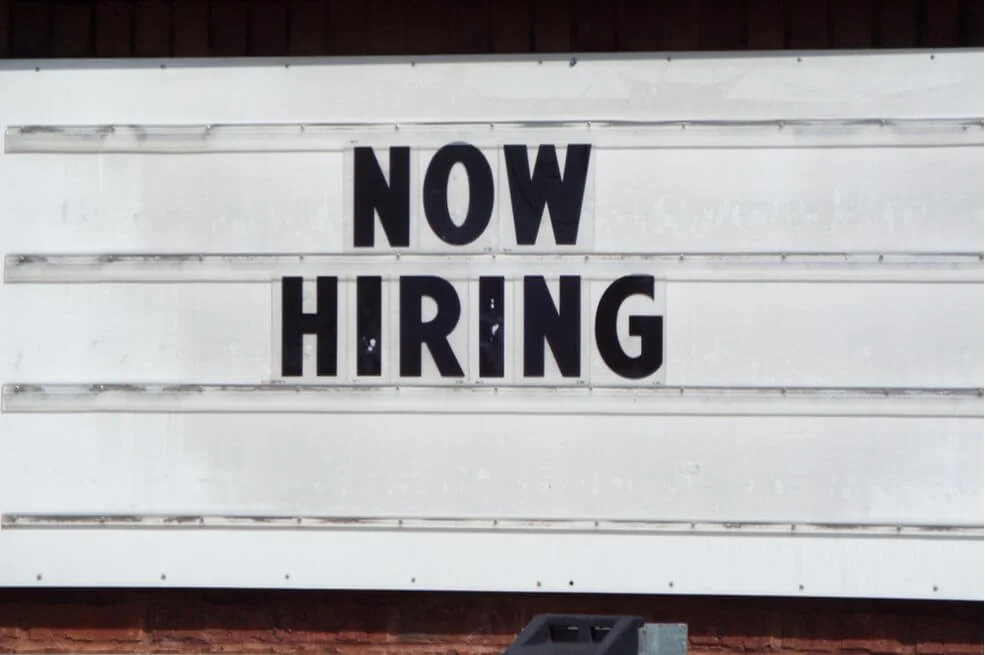Why Is It So Hard to Find a Development Director? And What Are the Solutions?
/photo: XiXinXing/shutterstock
Editor's Note: This article was originally published on January 29, 2018.
Hiring a development director for a nonprofit organization is, in the words of countless executive directors, "one of the hardest hires of my career."
Why is this?
(I'll give you a hint: It's all about passion, purpose and attitude).
Here's what I mean: A few years back, I heard this question posed to Jack Welch, chairman and CEO of General Electric from 1981 to 2001: "Mr. Welch, I have two employees, and I can only afford to keep one in the company. I'll tell you about the two. Will you tell me which one you I keep with the company?"
Mr. Welch asked about the two employees.
The employer said, "One employee knows my business inside and out, every single detail of the company, but this employee doesn't have a great attitude. This employee is negative, and I spend a good amount of time explaining to their co-worker that they didn't mean to be difficult or disruptive. The other employee doesn't know the business. This person is new to our field and has to be fully trained. On the other hand, this employee has the best attitude. Collaborative, supportive, and eager to be part of a great team. Who do I keep?"
If you answered the untrained employee with the great attitude, you would have run GE brilliantly. That was Jack Welch's answer.
What is true for GE and for this employer's business is just as true for nonprofits and socially-minded organizations: The right attitude is everything. I have trained more than 100 people from all walks of life to become professional fundraisers. Not all stayed in social change fundraising. The ones who did and who thrive today had one thing in common: the desire to learn the skill of fundraising. They wanted to be great at it. Each shared their objective with me. They faced their fears about money, class differences, racism and sexism in fundraising, fear of asking for money head-on. When I would ask why they were willing to tackle such challenges, I invariably heard, "I want to have all the skills I can to make a difference. This is the skill that has scared me the most." In fact, I remember one fundraiser-to-be saying, "I'm afraid of fundraising, but not as afraid as I am of what will happen to the work I love if I don't know how to generate support for it."
We can train development directors to be great at fundraising. While sometimes the right candidate is the person with years of experience, don't look only at those resumes. Look closely at the person who is passionate, purpose-filled and ready to learn, grow and leave their comfort zone.
Years ago, I was hiring for a development director. One candidate had an impressive resume with 10 to 15 years of fundraising experience, closing six and seven-figure gifts, leadership roles at well-known nonprofit organizations. I didn't ask him how much money he raised in his career, or how much he grew budgets. Instead I asked him these two questions:
- Of all the donor gifts you played a role in, which was the most gratifying, and why?
- What have philanthropists taught you that you didn't know before you began fundraising for social change?
He was quiet. He then replied:
"To the first question, I was going to say a gift of $500,000, but truthfully, I thought the donor should have given $1M. We made the case. We held the meetings. I expected a better outcome."
"To your second question, I think I learned to keep your expectations realistic."
I didn't hire him for the position.
I instead hired a candidate with significantly less experience than this candidate. Her answers to the questions moved and inspired me. I could see her honoring the commitment of philanthropists and working with them to create a shared legacy for this global mission.
I didn't enter fundraising with professional experience. When I was hired into my first development associate role, I had raised money as a volunteer. When I applied for the job, I didn't imagine getting an interview. I got a call and went in.
During the interview with the AIDS service organization for which I had the privilege of working for nearly three years, I was asked if I was good at event underwriting. I remember replying, "I have no idea what that is, but I'll learn everything I need to know, and I promise you I will event underwrite like no one ever has before."
I got the job. (I also went home and opened the dictionary to the letter "U.")
I cut my fundraising teeth at this organization. They believed in developing talent in a field that was still finding its way. The development director taught me the ropes. I learned. I failed. I got up again. I learned. Slowly, I started succeeding. I learned to listen to donors, to clients. I brought my own passion for AIDS justice to the forefront. I ended up raising the kind of money I had only heard existed. From this time, I remember this most: The executive director of the organization said to a 25-year-old me, "Each of us here, including me, works for the mission. We are stewards of this mission. Don't forget that." I never did. And since then, I have only ever applied for work that was my passion and that I knew I could champion with everything I have.
If you find yourself wondering how you can hire the right development director, what, then, are the solutions? At Raising Change, we suggest three approaches to securing the person that can fulfill your important mission:
- Focus on relationships built, not money raised. Development directors must love building relationships. Period. Fundraisers cannot be bitter about donors, resentful toward givers or entitled to a philanthropists' resources. If a fundraiser leads with this kind of negativity, they cannot successfully build powerful, transformative relationships. On the flip side, relationships rooted in respect, trust and shared values build the future and accelerate missions. Attitude is everything.
- Fully explore the candidates' passion for the mission. In the U.S. alone, there are 1.6 million nonprofit organizations. Why is the candidate applying for this job with this organization? Why does this mission speak to the candidate? We speak so often about donor commitment to a mission, to uncovering their passion and connecting them to the work. If fundraisers are to build relationships with the donors, they must feel a similar passion. They must have their own personal and professional reason for being with this organization at this time. In short, they must love this mission and want to be its ambassador. Ask the candidate: Why this job? Why this organization? What legacy would you like to leave at this organization during your time with us?
- Revisit why you are bringing on a director of development. If you've ever heard your organization say, "If only we had a development director, then we wouldn't have a cash flow crisis/ wouldn't have to keep raising money as a board of directors/ wouldn't have to spend so much time thinking about fundraising," then you might want to hit the hiring pause button. There's no miracle solution for sustainability. A development director isn't hired because the current members of the organization are exhausted by fundraising. A development director is hired to create the blueprint for organizational sustainability, a plan that will fully engage the organization's current and future donors in the mission.
In my career, I have spoken to literally thousands of philanthropists. When they turn away from an organization, the No. 1 reason given is this: "I no longer felt connected to mission." Development directors create the plan that enlists a whole organization in keeping donors connected to mission and ensuring that they know the impact of their giving. Of course, development directors carry a portfolio of donors and advance those important relationships. The role, though, is much more than this.
Don't look at a development director as the "person who will raise the money." Look at this vital role instead as the passionate, committed person who will help your organization fully value, prioritize and advance the donor relationships that make its mission possible.
Kathy LeMay is CEO at Raising Change, an online Fundraising Masterclass producing world class fundraisers. Kathy has raised $175 million from individual philanthropists for global social change.






































